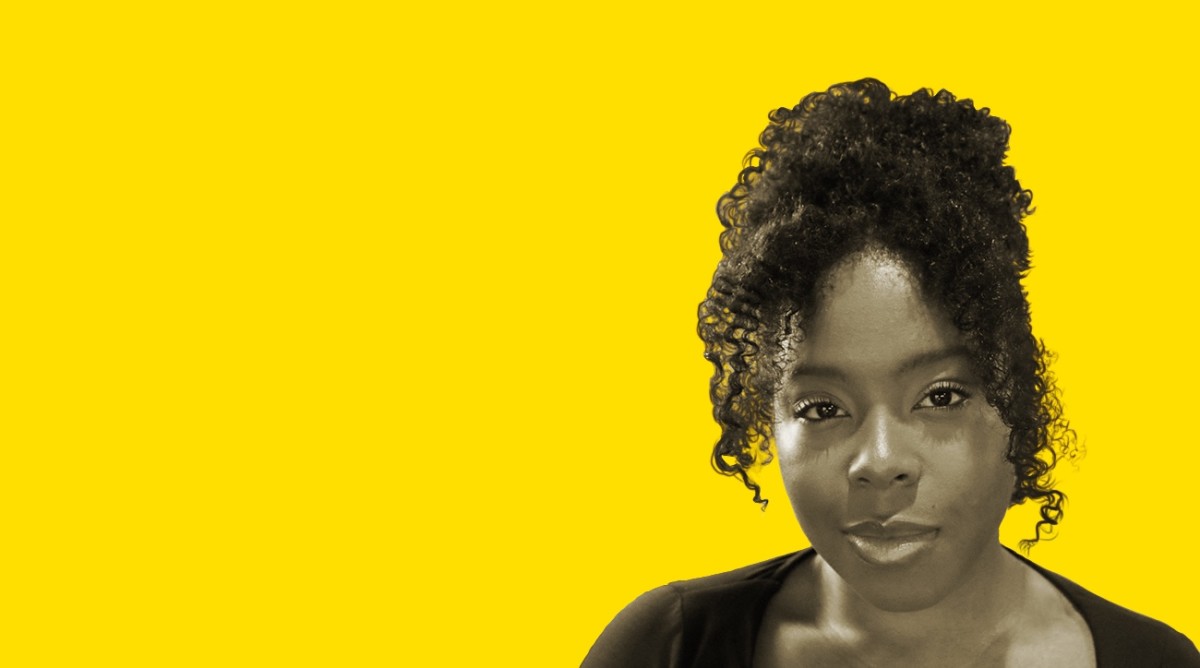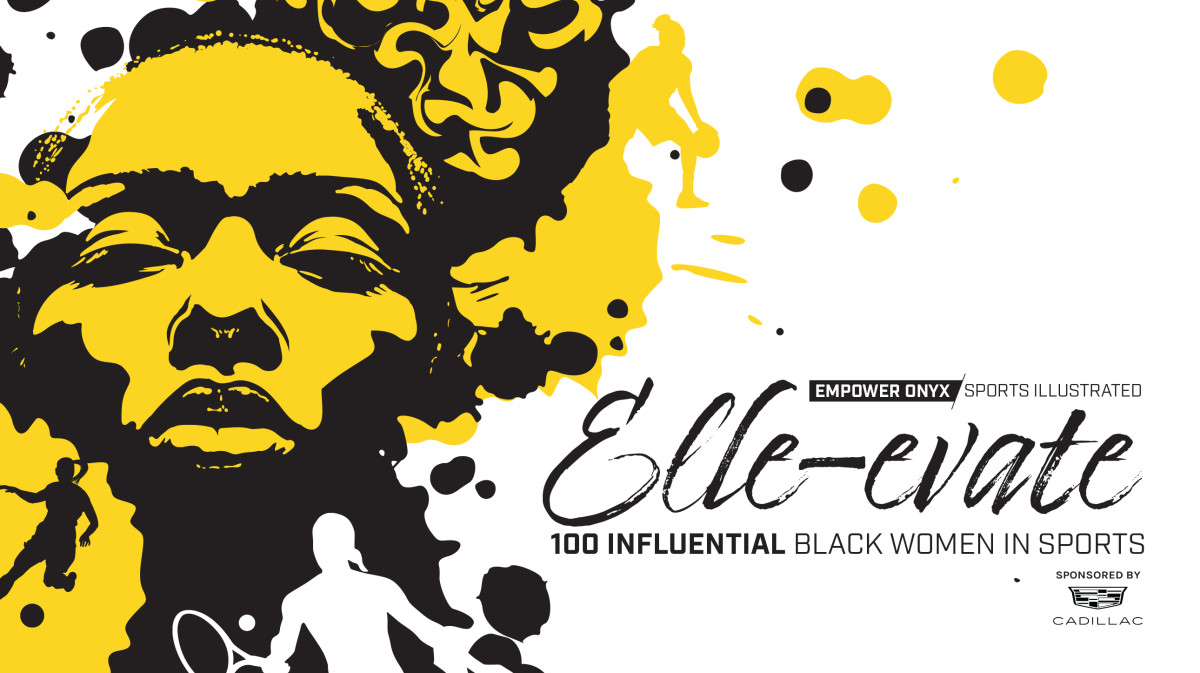Paulana Lamonier Is Smashing the Stereotype That Black People Don’t Swim

Sports Illustrated and Empower Onyx are putting the spotlight on the diverse journeys of Black women across sports—from the veteran athletes, to up-and-coming stars, coaches, executives and more—in the series, Elle-evate: 100 Influential Black Women in Sports.
Black People Will Swim has a relatively simple mission: “smashing the stereotype that Black people don't swim." This statement is proudly proclaimed all across the Long Island–based business’s website. And for Paulana Lamonier, the company’s founder and C.E.O., her swimming journey began as a child when her mother enrolled her and her sisters in a local swim program to keep them occupied.
In 2009, during her enrollment at CUNY York College, Lamonier was searching for a way to exercise and she opted to get reacquainted with swimming. For her, this meant learning to swim all over again. With the assistance and encouragement of coaches, her passion for swimming was ignited. After remastering skills in the pool, she joined her college swim team and, inspired by her college coach, Lamonier became a swim coach herself. "My college coach also had a swim club,” Lamonier says. “Seeing the entrepreneurship of a Black coach firsthand with a 50-member team in a predominantly white sport gave me the opportunity to see what's possible."
As a Black swimmer and coach, Lamonier quickly noted that the racial disparities in swimming participation were extreme. According to a recent study by USA Swimming Foundation and the University of Memphis, 64% of Black children cannot swim; 65% of Black children would like to swim more than they do; and 78% of Black parents have no/low swimming ability, which increases the likelihood their children won't have good swimming skills. Black children and their parents are also three times more fearful of drowning than white children and parents.
Motivated by her experience and fed up with stereotypes and statistics, Lamonier set out to improve this statistic, and thus Black People Will Swim was born.
A core component of Black People Will Swim is a mission-driven acronym F.A.C.E.: Fun. Awareness. Community. Education. The education goes beyond learning and perfecting strokes, but includes everything from proper hair care, rescue training, and the next steps in a swimmer’s journey. "For us, our roots and our priority is educating [Black people] on the history and educating them on how to save their lives,” Lamonier says.
For participants in BPWS’s annual summer session lessons, the journey begins with a pledge to themselves that they can and will learn to swim with the BPWS team as their accountability partner. For Lamonier's small team of five, it begins with finding a suitable location, and the global pandemic has made this increasingly difficult. For now, they operate out of a private residence and will teach nearly 80 people to swim over the course of the summer, which is significant growth from the 60 people that learned to swim last summer. Swimming can also be expensive, which is another deterrent for those wanting to learn. BPWS removes this barrier by offering volunteer opportunities in exchange for lessons.
"They learn how to swim. If they swim very well, we will help them become a certified swim instructor,” Lamonier says. “We would pay for that certification, and they will work off those hours. Once they work the hours off, then we'll pay them. It's really important to create that pipeline because there's a disproportionate number of Black people who aren't swimming instructors." Lamonier and her "small but mighty" team are currently working toward creating that instructor pipeline and becoming a nonprofit to provide additional no-cost services.
While Lamonier is dedicated to building up a community of Black swimmers, she is also a successful multimedia journalist who has written for publications such as Forbes, Fast Company, ESSENCE, Complex, Shondaland, as well as profiling notable celebrities, athletes, and business leaders. Her inquisitive nature has lent to her growth as both an athlete and entrepreneur. "When you're a journalist, when you're telling stories, you need to ask the right questions,” she says. “This is information that the public needs to know. The same thing goes for swimming. You want to provide them with the right tools and skills and resources by asking them the right questions and knowing how to better serve them.”
Lamonier currently serves as a social media strategist at the New York Institute of Technology, where she organized the university's inaugural Social Media Ambassador Program designed to prioritize a student-centered perspective for prospective students, as well as utilizing her multimedia experience to launch several successful New York Tech podcasts.
The young entrepreneur’s schedule keeps her busy, but she’s busy competing with nobody but herself. At the moment, her main focus is completing a successful summer program with new swimmers, but she looks forward to the day when Black People Will Swim will have its own facility to continue growing the community. “[My goal is] making sure that our clients and community have a great experience in swimming, that they learn how to swim,” Lamonier says. “I would love for us to be the first Black-owned swimming facility on Long Island.”

Danielle Bryant is a contributor for Empower Onyx, a diverse multi-channel platform celebrating the stories and transformative power of sports for Black women and girls.
